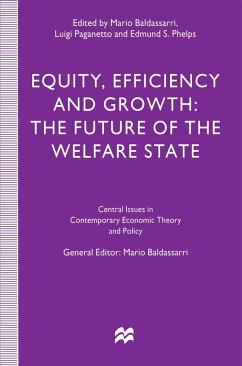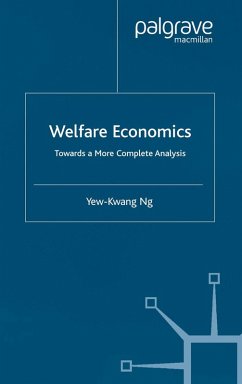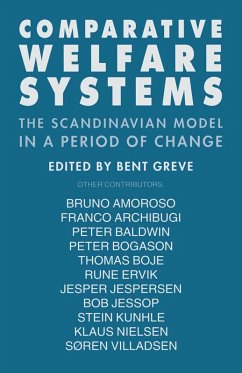
Public Finance in a Changing World (eBook, PDF)
Versandkostenfrei!
Sofort per Download lieferbar
112,95 €
inkl. MwSt.
Weitere Ausgaben:

PAYBACK Punkte
56 °P sammeln!
This non-technical volume analyses topical problems of public finance in a changing world characterized by growing mobility of production factors, liberalized economic policy regimes, and the formation of new nations. It discusses alternative views of government and the way we measure its activities; the modern welfare state and its impact on entrepreneurship and employment; issues of fiscal coordination and income redistribution in a world with many jurisdictions; and the problems of raising government revenue and of allocating property rights in transition economies.
Dieser Download kann aus rechtlichen Gründen nur mit Rechnungsadresse in A, B, BG, CY, CZ, D, DK, EW, E, FIN, F, GR, HR, H, IRL, I, LT, L, LR, M, NL, PL, P, R, S, SLO, SK ausgeliefert werden.












